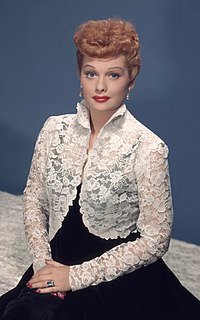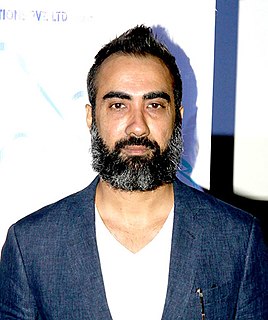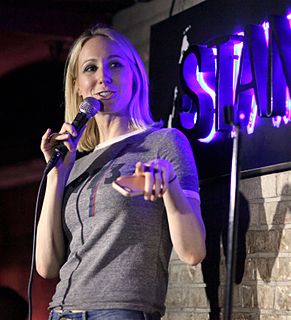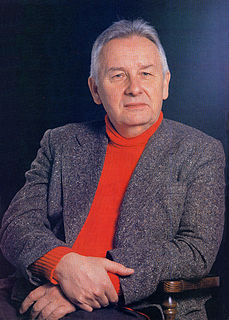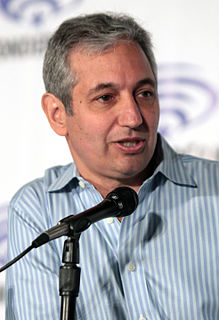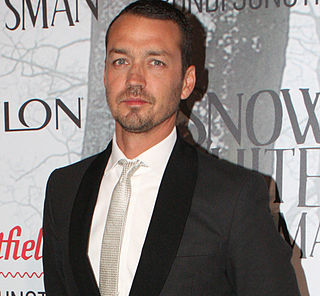A Quote by Steven Spielberg
I always like to think of the audience when I am directing. Because I am the audience.
Related Quotes
I don't think about the audience, I don't think about what makes them happy, because there's no way for me to know. To try to think of what makes for entertainment is a very Japanese thing. The people who think like this are old-fashioned. They think of the audience as a mass, but in fact every person in the audience is different. So entertainment for everyone doesn't exist
I do not choose my listeners. What I mean is, I never write for my listeners. I think about my audience, but I am not writing for them. I have something to tell them, but the audience must also put a certain effort into it. But I never wrote for an audience and never will write for one, because you have to give the listener something and he has to make an effort in order to understand certain things.
I think you have to do the stories that interest you and hope an audience likes it, rather than doing stories that you think the audience will like, whether you like them or not. I think there has to be something that you find compelling and interesting, and then hopefully an audience will agree with you.


